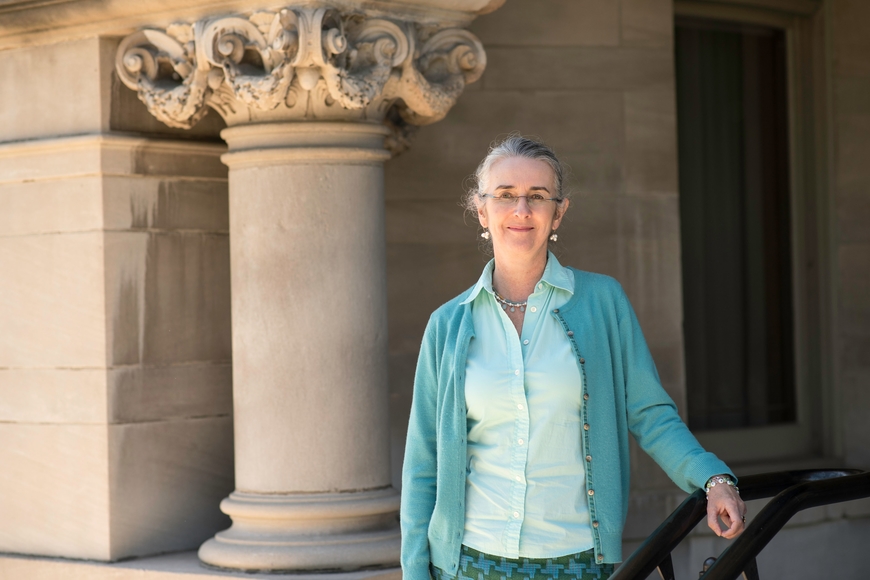Effecting Tangible Change at the United Nations
Human Rights Initiative grantee Greta Friedemann-Sánchez’s project “Family Commissioners: Fostering Justice, Security and Peace in Colombian Families in the Post-Conflict Era (COLPAZ)” has been credited with influencing recent United Nations action on intimate partner violence in Colombia. Dr. Friedemann-Sánchez and her co-investigator Peggy Grieve’s project investigated the discrepancy between Colombia’s progressive 2017 legislation on responding to violence against women and the limited implementation of it on the ground.
In partnership with the Minneapolis-based NGO The Advocates for Human Rights, the research team pointed to the limited capacity and resources of frontline respondents called “family commissioners,” who are charged with supporting victims of domestic violence, as a main obstacle to realizing the legislation’s full implementation. In a shadow report submitted to the UN Human Rights Council, the team recommended that the scope of family commissioner work be narrowed so that they can better focus on responding to the victims of intimate partner violence. The team also suggested that family commissioners be represented at the federal level to facilitate more streamlined communication between local and national officials.
The COLPAZ team recently saw their research play a pivotal role at the UN Committee on the Elimination of All Forms of Discrimination Against Women (CEDAW)’s 72nd session in February. During this meeting, the Committee reviewed Colombia’s situation as it relates to gender equity and assessed its compliance with CEDAW. The Committee ultimately decided to incorporate recommendations provided by Dr. Friedemann-Sánchez’s project directly into the report that the Committee will submit to Colombia’s government.
According to Dr. Friedemann-Sánchez, it is especially exciting that the Committee opted to include the research team’s recommendations because, “under its rules, the Committee can identify no more than four recommendations for immediate attention...Two of the four recommendations for immediate action are based on our COLPAZ research and advocacy efforts...This is highly unusual and a major success.””
In order to influence the Committee in such an extraordinary way, Dr. Friedemann-Sánchez and Peggy Grieve engaged in a number of advocacy activities. In addition to submitting their shadow report, the team also flew to Geneva for the Committee’s review of Colombia and spoke publicly as civil society members. They provided each Committee member with a one-page summary of their recommendations and spoke informally with Committee members during breaks to answer questions. According to the head of the Committee’s Colombia Task Force, the team’s written submission to the Committee was “particularly clear and helpful.”
The Human Rights Initiative is proud to have been able to fund such critical research. We are hopeful that the inclusion of the COLPAZ team’s recommendations in the CEDAW report is a first step toward improving the situation for victims of intimate partner violence in Colombia.



